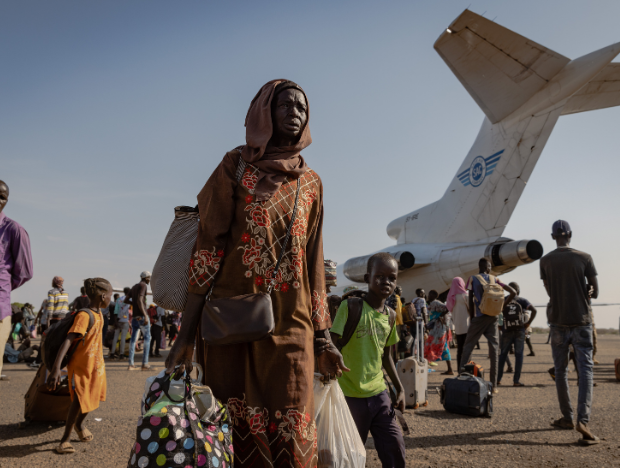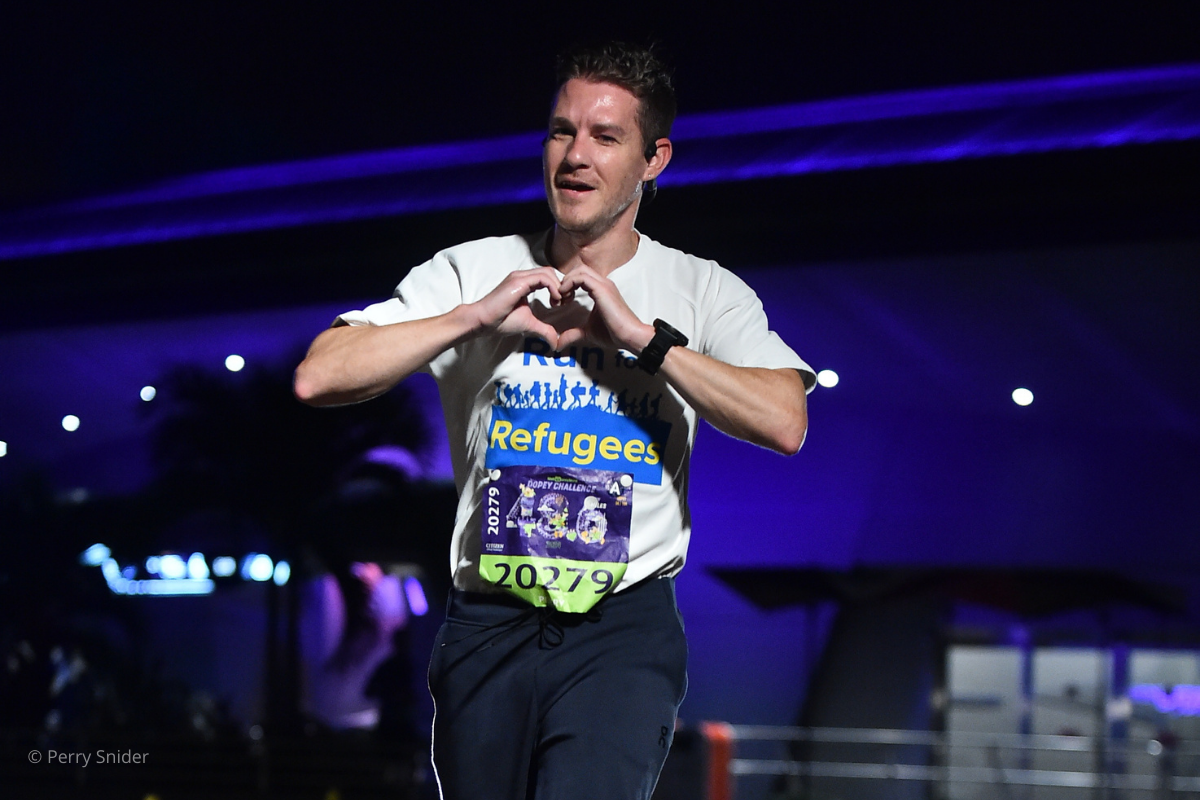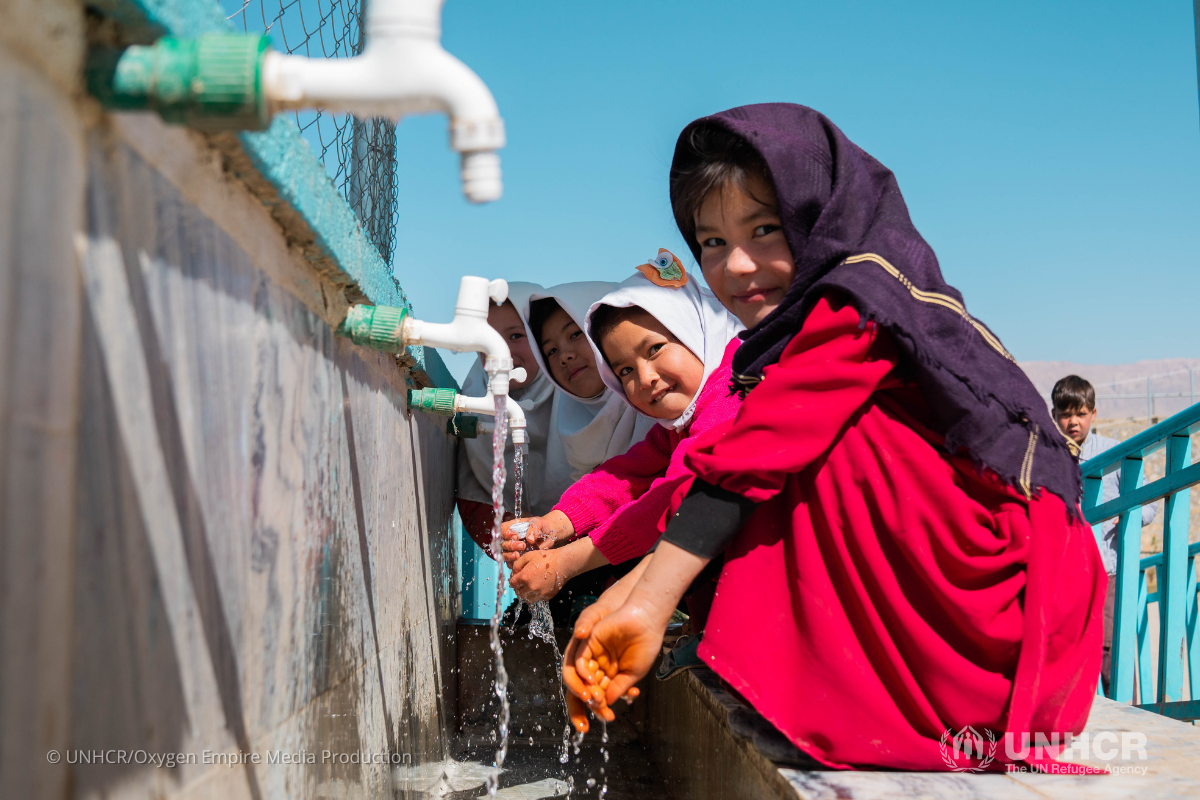What it’s like to observe traditions during the coronavirus pandemic
The coronavirus (COVID-19) pandemic has changed almost every aspect of daily life, from how people work, shop and exercise to how they practice their faith. During April, a month in which some of the world’s most important religious observances take place, leaders from several faiths have introduced profound changes to their services to prevent the spread of the disease among their members. Churches are offering online masses, synagogues are livestreaming or cancelling Shabbat services and many mosques have already cancelled all of their Friday services. Even the Muslim pilgrimage of Umrah was suspended.
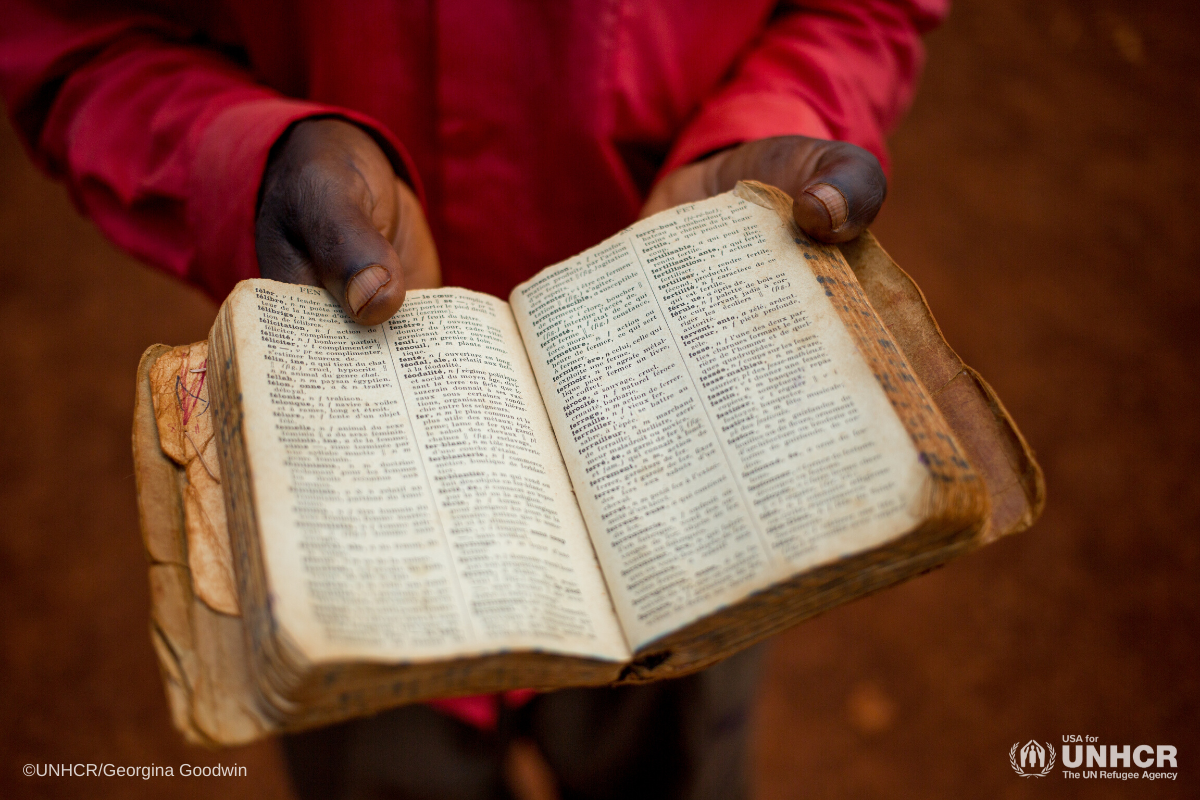
But what does this mean for religious communities worldwide?
For millions of people worldwide, religion has always been a spiritual source of healing and hope. It not only provides emotional support and a sense of community; but it gives meaning to life.
Religious celebrations like Easter, Passover or Ramadan might seem very different, but they all have something in common: they gather families and communities together to remember and celebrate pillars of faith. But this year celebrations will be less about celebrating with other people, and more about self-introspection and worshiping at home.
Here’s how these major events have been adapted in the wake of coronavirus:
Easter
Easter is the most important celebration in the Christian calendar. It is a great feast marked by special church services, gatherings with friends and family and, in many cases, activities like the Easter egg hunt. This year, due to social-distancing restrictions, most of the services have been livestreamed, while others have taken place without the public or cancelled altogether.
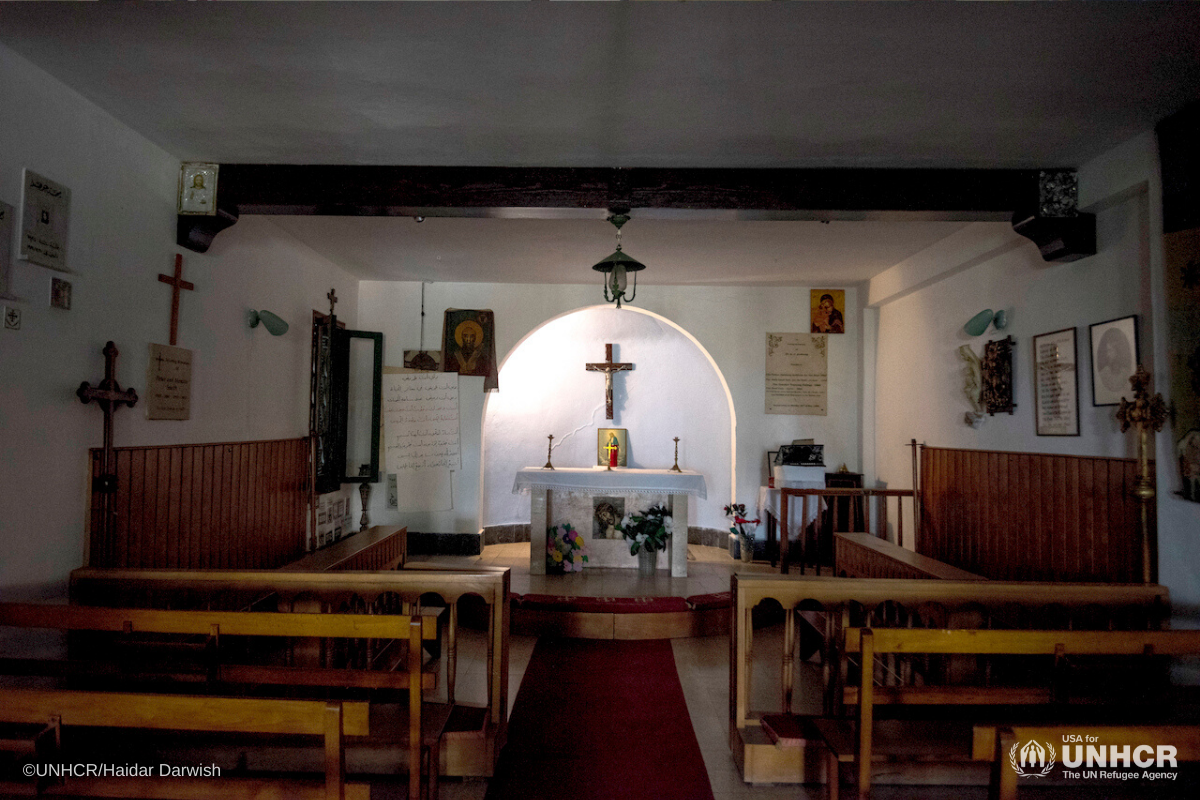
Passover
Passover is one of the most important holidays in Judaism. Every year, Jewish families come together for a ceremonial dinner called a seder and remember how Moses led the Jewish people out of slavery in Egypt. The celebration traditionally involves feasts with large gatherings of extended family and friends. But given the coronavirus outbreak, Jewish leaders have also suspended large gathering and, instead, seders have taken place over video calls and prayer services have been canceled.
Ramadan
For the nearly two billion Muslims around the world who celebrate Ramadan, this year’s exceptional circumstances will also put a halt to some of their most valued traditions. Common rituals, such as kissing on the cheek, standing shoulder to shoulder in communal prayer and celebrating iftar meals to break the fast have all been banned due to social distance restrictions. Even fasting has become more challenging during the pandemic. Those who are not drinking or eating during the day might become more susceptible to illness and diseases like coronavirus.
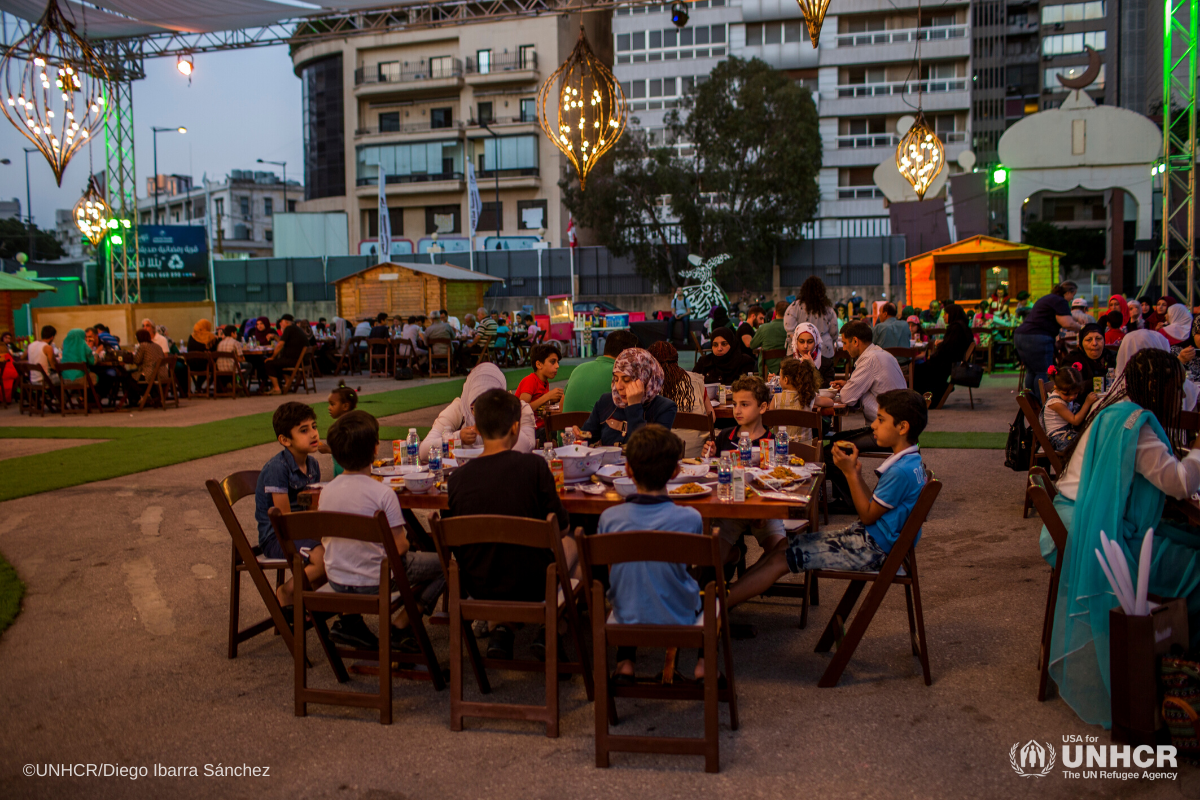
In refugee camps and communities, celebrations have been particularly hard - as millions struggle to put food on their tables to celebrate Easter, Passover and Ramadan.
For Muslim refugee families practicing fast, the situation is particularly hard. In previous years it was usual to see two or three refugee families breaking fast together in shelters and sharing food that otherwise they would not be able to afford alone. But this year, the harsh living conditions compounded with coronavirus social distancing measures, will make even harder to keep traditions in place. What used to be a joyful celebration for many refugee families, could be reduced to distant memories of better times.
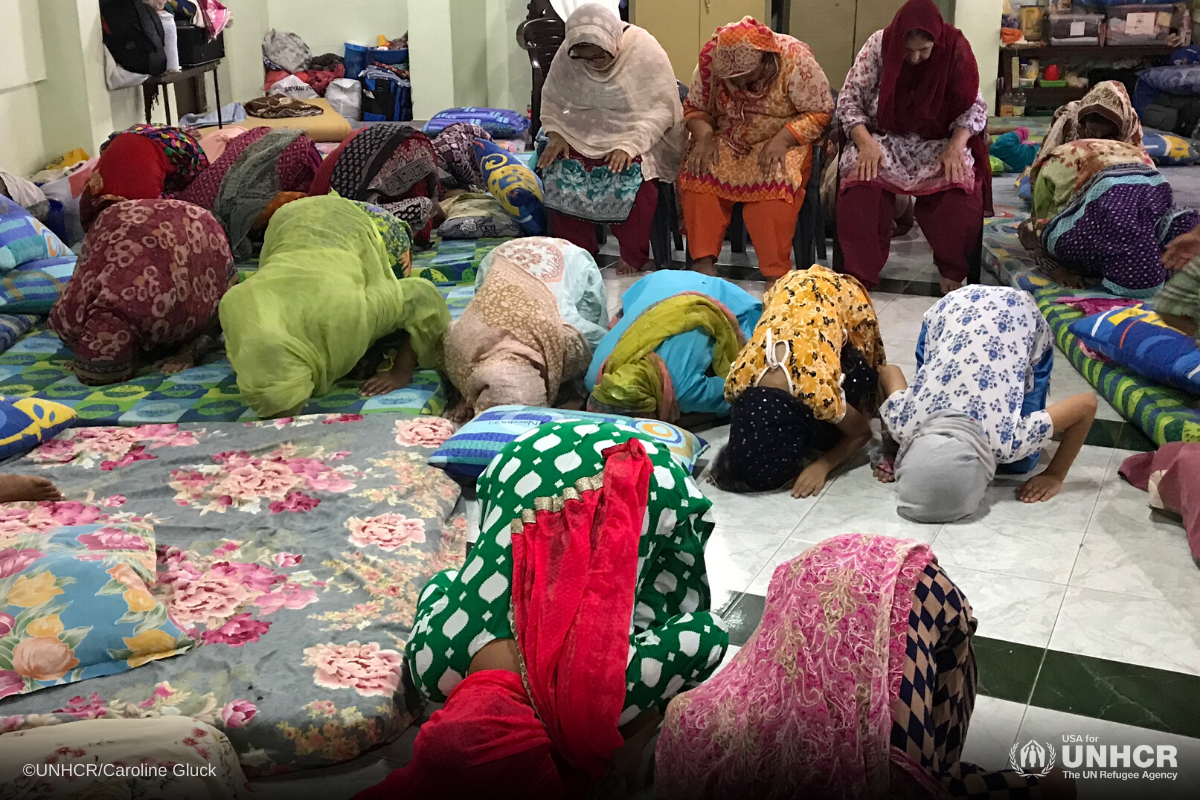
Even though religious traditions have drastically changed in the past months, these celebrations also offer an opportunity to remind ourselves that, despite adversity, there are always reasons to remain hopeful and support each other.
Help refugees during Ramadan…
During these difficult times, USA for UNHCR has launched a special campaign to help refugee families celebrate the holy month of Ramadan. By becoming a monthly donor, you can bring hope to millions of families facing additional challenges amidst the coronavirus pandemic. Please, donate to USA for UNHCR today.
